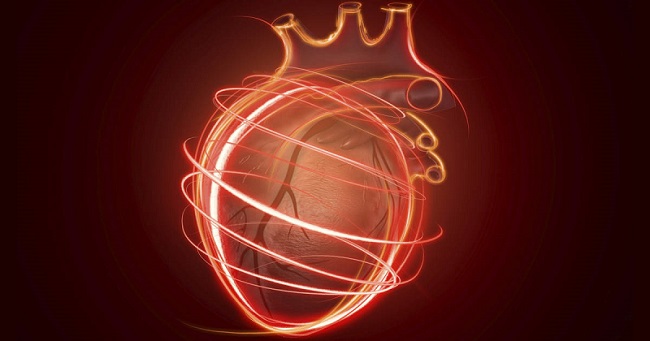Why You Shouldn’t Ignore Heart Symptoms

Our heart is our most crucial muscle — it keeps us alive, after all. Still, many people ignore symptoms that may be related to a heart issue. We asked Troy Wiedenbeck, MD, cardiologist with the Renown Institute for Heart and Vascular Health, why it’s so critical to seek immediate care if you suspect a problem with your heart.
We all know any sign of a heart attack constitutes a medical emergency, but why is it so important to seek immediate attention for heart problems?
When it comes to treatment for a heart attack, every minute counts. As the saying goes, “Time is muscle.” Thousands of heart cells die every minute blood flow is stopped in the coronary artery. The first 20 minutes after an artery is blocked are especially critical, as the cells become sick after that point. If the blood flow can be restarted within the first 20 minutes of a blockage, the cells can recover almost universally. After 20 minutes, cellular death occurs and thousands of cells will die every minute until blood flow can be restarted.
How does this translate to risk of death from a heart attack?
The American Red Cross says most people who die of a heart attack die within two hours of the first signal. Every 15 minutes a patient waits before they come to the emergency room to get treated results in an additional 1 percent rate of death, or mortality. That’s why you see national campaigns aiming to have the patient’s artery open within 90 minutes of the time they reach the hospital. Doctors will take EKGs and blood tests to see if you are having a heart attack; if so, they will usually try to open the blocked artery with an angioplasty, stent or a clot-busting drug to revive the blood flow so heart muscle doesn’t die.
Renown Institute for Heart and Vascular Health is in the top 10 percent nationally for rapid treatment of heart attacks, saving precious heart muscle and lives.
What are the first steps when you or someone you’re with has chest discomfort or other heart attack symptoms?
The first step is to call 911 right away. While your initial impulse may be to drive yourself or the heart attack victim to the hospital, it’s better to get an ambulance. Emergency medical services personnel can start treatment on the way to the hospital. They’re also trained to revive someone whose heart stops.
If you can’t reach EMS, drive the person to the hospital. If you’re the one with the symptoms, do not drive yourself to the hospital unless you have no other choice.
Many people delay treatment because they doubt they are having a heart attack. They don’t want to bother or worry their friends and family. Heart attack symptoms may range from the crushing chest pain often depicted in the movies to fullness or squeezing pain that comes and goes, fatigue, nausea, shortness of breath or pain beyond the chest extending even to the jaw. Keep in mind women’s heart attack symptoms may be different from men’s, so it’s important to recognize women may experience additional issues, like neck, shoulder, upper back or abdominal pain. The bottom line is this: It’s always better to be safe than sorry.
The American Heart Association recommends chest compression-only assistance for someone having a heart attack until help arrives. Is there anything else people can do if they are with someone having a heart attack?
You can administer aspirin for the same reason you should call 911 without delay: A heart attack is a dynamic event, and early intervention can limit the damage. The paramedics can give you oxygen and medication, and they’ll monitor your blood pressure and heart rhythm to forestall complications as they get you to the ER. A humble aspirin tablet can add to high-tech medicine. It works fastest when chewed.
Story Credit: http://bestmedicinenews.org/heart-health/why-you-shouldnt-ignore-heart-symptoms/


